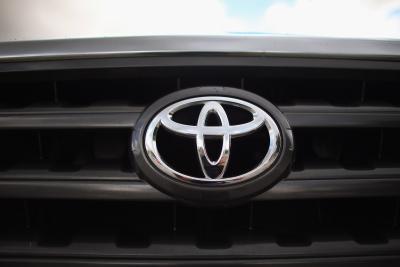
In the past few years, fuel economy has become a top priority for both earth-conscious and recession-conscious people in the United States and worldwide. The nation’s gasoline watchdog, FuelEconomy.gov, rates the Yaris at 32 MPG when combining city and highway mileage, making it one of the leaders in Toyota’s efficient fleet. But, as a Yaris owner myself, I know you can stretch your fuel even farther – at least to the combined 36 MPG I usually get from a tank.
Check your tire pressure before you drive to make sure the tires are properly inflated. The Yaris’ standard pressure is 33 PSI, and even a slight decrease of 1 PSI in pressure could affect your efficiency. Insert your tire pressure gauge into the valve on your tire and press down firmly until the gauge takes a reading.
Remove excess weight from the hatchback, which easily stores unneeded junk, and any bike rack or heavy piece of equipment that you’re not using. Items like these can weigh your small Yaris down and make its engine work harder.
Perform routine maintenance on a regular basis, including oil changes at every 5,000 miles or 6 months, say the Toyota dealerships. According to Edmunds.com, washing the exterior also helps improve efficiency.
Turn your engine off if you anticipate idling for more than 30 seconds. Running the engine unnecessarily burns more fuel than just starting and stopping your vehicle.
Avoid turning on the air conditioner unless absolutely necessary. This puts added strain on your engine and consumes more fuel. However, if you are driving at high speeds on the highway, it is more efficient to turn on the air than to roll down your windows.
Keep your speed under 65 MPH to optimize fuel consumption. The most efficient speed at which to travel is 60 MPH, so keeping your speed between 55 and 65 MPH will give you the best mileage.
Maintain a consistent speed on the highway, and even on city streets, when you can. Accelerate and brake slowly, over longer distances. According to a blogger at GetRichSlowly.org, “Aside from purchasing a new vehicle, this is the single most effective step you can take to reduce your costs.”